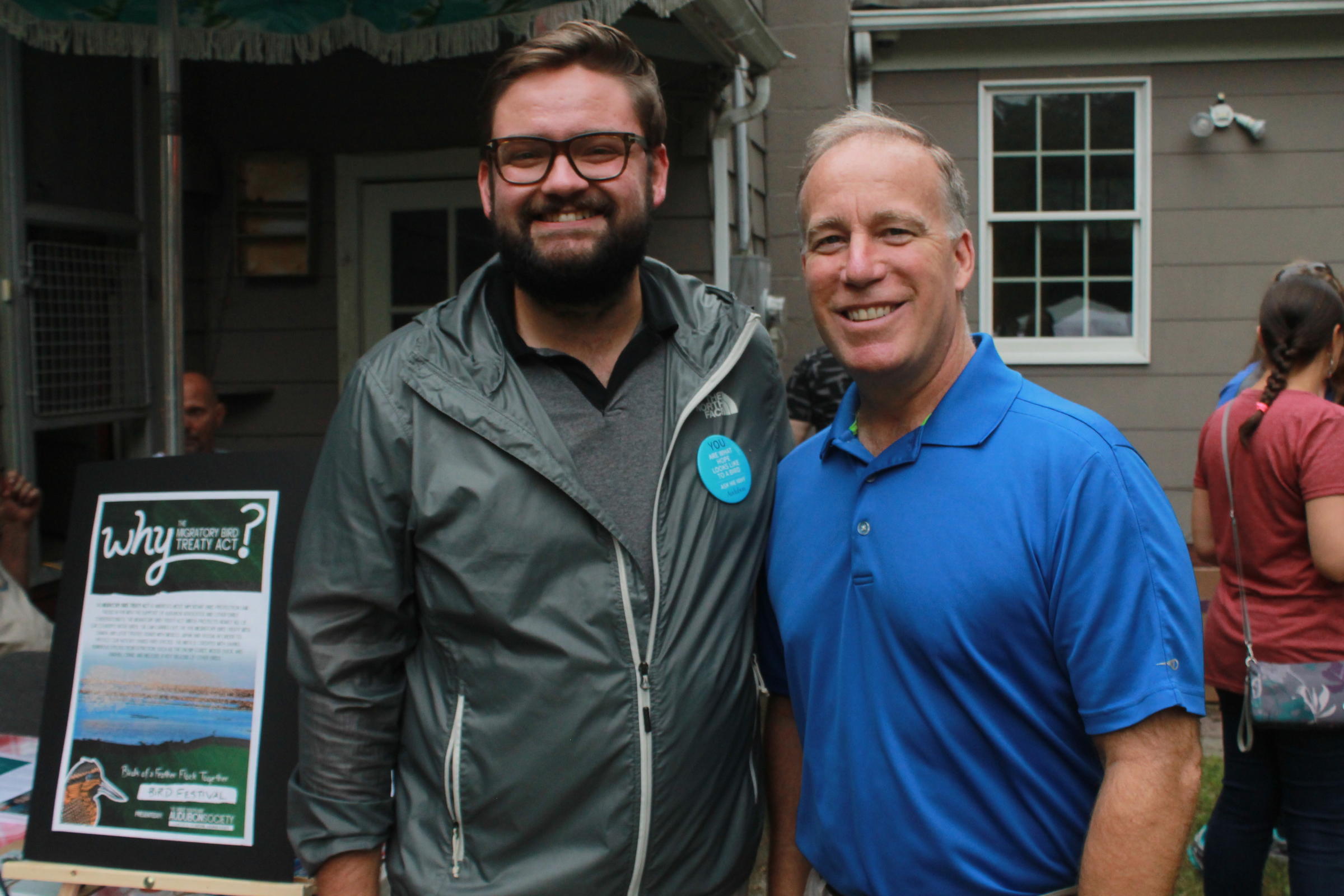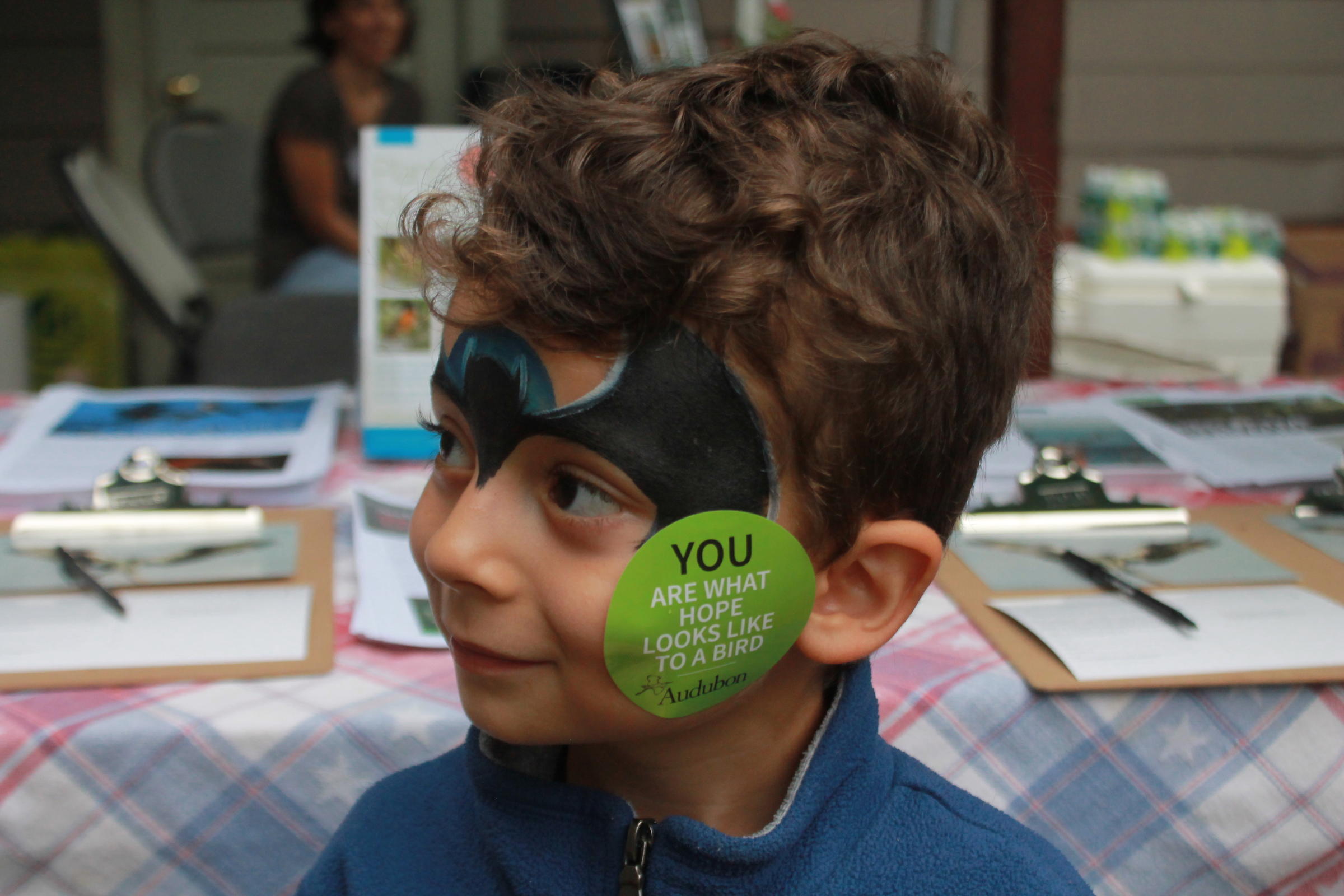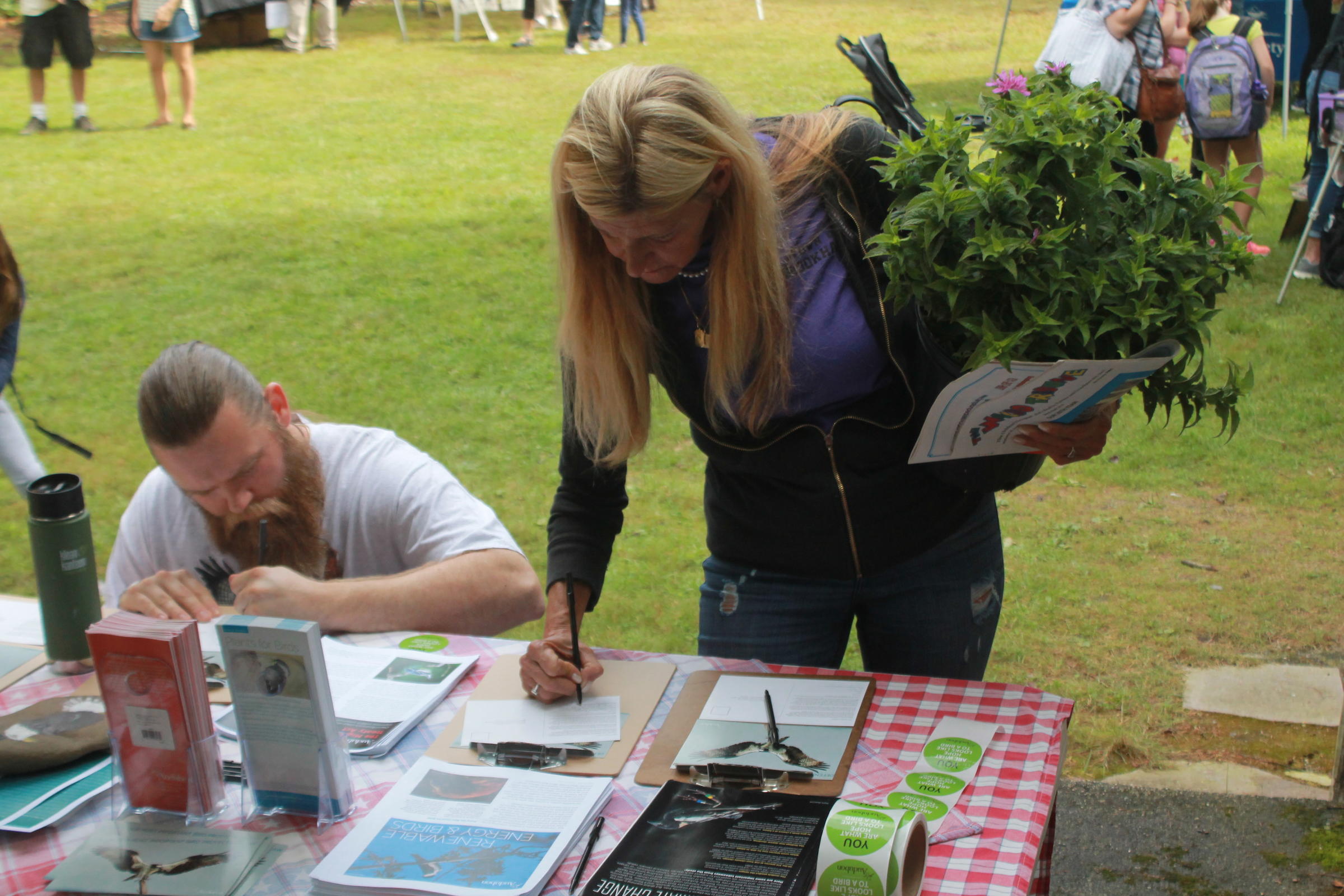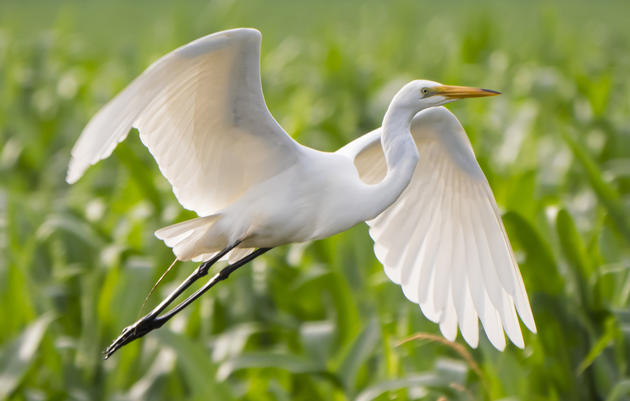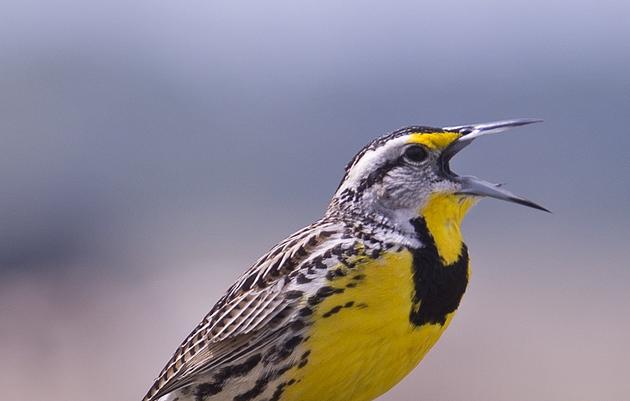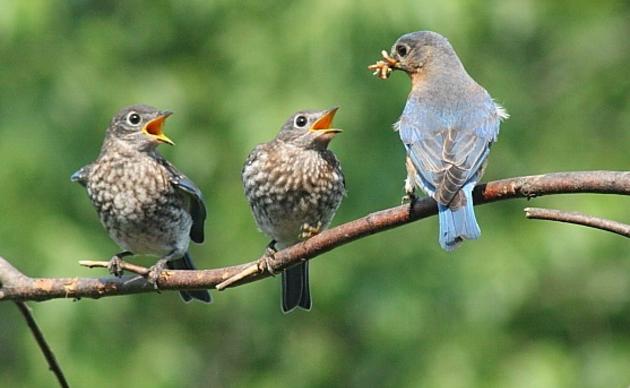LONG ISLAND - This year Audubon is celebrating the centennial of the Migratory Bird Treaty Act (MBTA), our nation’s most important bird protection law. On Saturday, September 8th, 200 advocates gathered in Sayville, NY, for a “Birds of a Feather Flock Together” festival to honor this critical law, which is currently under attack. This Audubon-in-Action event was hosted by Great South Bay Audubon Society (GSBAS) and highlighted the potential threats to Long Island’s beloved birds along with localized solutions that communities can advance to help impacted species thrive now and in the future. Members in attendance were joined by two Suffolk County Legislators – Tom Cilmi, district 10, and William J. Lindsay III, district 8 – who are supportive of the MBTA and we hope to engage on a local MBTA proclamation.
Congress passed this landmark law in 1918, which placed all migratory birds under federal protection. The MBTA safeguards birds by making it unlawful to kill, hunt, sell, or possess most native species of birds in the U.S., along with their nests, eggs, and feathers. Historically, the MBTA has saved many bird species from extinction, and on Long Island, over 300 species of birds are protected by this law. These species depend on Important Bird Areas like Great South Bay and Fire Island to rest, nest, and thrive.
GSBAS treasurer and festival planner, Annette Brownell, developed this event after attending the Audubon Council of New York State’s spring meeting where David Ringer, National Audubon Society’s Chief Network Officer, spoke about Audubon’s early efforts to pass the MBTA law. Led by Audubon chapters nationwide, the passage of this critical law ultimately became their founding victory.
“Our best chance to turn things around is education,” said Brownell. “My hope was that participants walked away more aware of their surroundings, their blessings, and their opportunities to do something on the local level for birds and the places they need.”
Harmful proposals in Congress such as HR 4239 and a new interpretation of the MBTA law by the Department of the Interior would reverse decades of policy that holds companies accountable for preventable bird deaths. Modern threats such as power lines, communication towers, and gas flares could further injure bird populations that are already at-risk in a warming world. These threatened species include Clapper Rails, Purple Sandpipers, Northern Gannets, Ruddy Turnstones, and others.
Under this new interpretation of the MBTA law, if an oil spill were to hit New York’s shoreline, those responsible would no longer pay a MBTA fine for any related bird deaths, limiting our ability to help birds recover from the spill. After the Gulf oil spill killed one million birds, BP paid a $100 million MBTA fine to restore habitat for impacted birds. Undermining the MBTA clearly would be detrimental to birds.
Michelle Nardella, leader of Brownie Troop 2524 in Blue Point, NY, brought eight girls to the migratory bird festival after receiving a personal invitation from her neighbor Jody Banaszak, President of the Great South Bay Audubon chapter. “Engaging the young generations in their community is important to develop a lifelong appreciation of nature,” said Nardella. “Fortunately, kids and nature are a good fit, and they are ready and willing to help when they understand that their environment is in trouble. They happily filled out postcards to Senator Schumer after hearing the MBTA needed protection.”
We cannot give industries a free pass to kill birds that we all treasure. Now more than ever, we need members like you to stand with us and help us defend this important bird protection law. Proclamations on the municipal and county level are a great way for communities to stand up for the MBTA. If you’d like to pass a proclamation locally, please contact Kelly T. Knutson, New York Field Organizer, at Kknutson@audubon.org. You’d be surprised, this simple action can make a difference and help leverage other important work.
Audubon is opposed to any efforts that weaken America’s cornerstone conservation laws. In conjunction with seven other states, New York’s Attorney General Barbara Underwood filed a lawsuit against the Trump Administration’s move to eliminate longstanding protections under the MBTA law. If you haven’t yet contacted your representatives and urged them to defend this law, please send them an email through our Action Center now. If you live on Long Island and are interested in being involved in next year’s Migratory Bird Festival, please connect with Annette Brownell from Great South Bay Audubon at info@gsbas.org.







